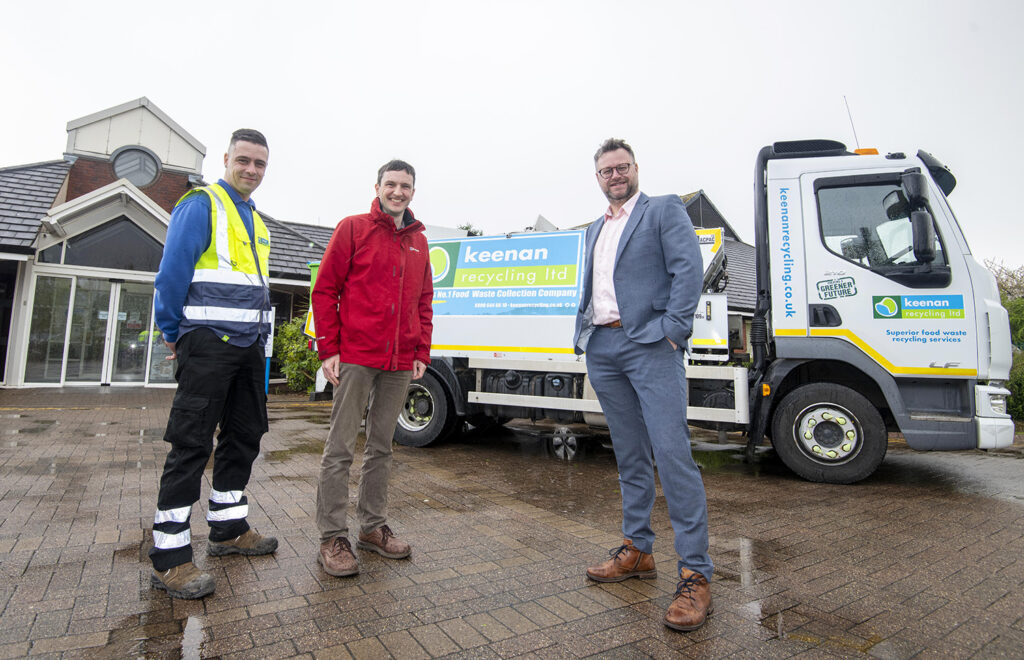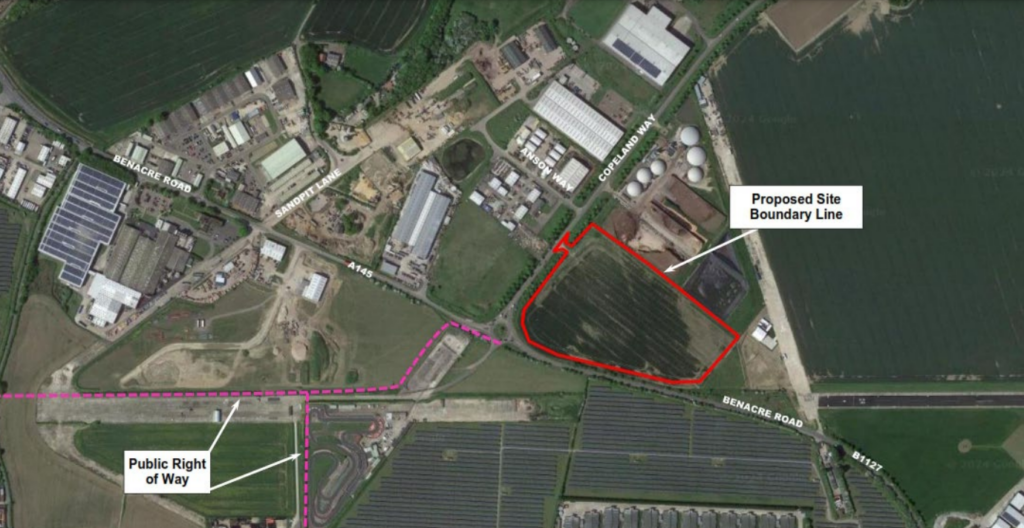A government spokeswoman told letsrecycle.com that the State Veterinary Service is due to grant approval to the first site by the start of next year – although she did not reveal the location of the facility.
Composting companies across the UK have been striving for approval since the Animal By-Products Regulations became law earlier this year. This makes the composting of material containing animal by-products – known as kitchen or catering waste – legal, as long as it is done under special strict conditions.
Prices
Current estimates for gate fees for in-vessel facilities range between about 25 and 45 per tonne, according to the system used and amount of waste being guaranteed. This is compared to current prices for green waste composting of between 18 and 25 per tonne. These higher prices are likely to apply to both pure catering waste, and catering waste mixed with green waste, however – as it must all be processed in a more expensive way than green waste alone.
Vital Earth Group is one company that hopes to be approved soon. Technical director John Wakefield said its mobile in-vessel composting unit in Lampeter, west Wales, has been given provisional approval and has moved to the verification phase.
This means five problem-free batches must be produced in order to move to a “positive release”. They must then produce 30 more clear batches, which he estimated would take until early January, at a rate of five per week.
Mr Wakefield said: “We think we will be one of the first accredited schemes, with our mobile in-vessel system.” The Lampeter facility will have an annual capacity of 10,000 tonnes. It will work by mixing green and kitchen waste in aerated vessels for about a week. It is then screened and the smaller fraction put in a wormery, and the larger put to open windrows.
After another week, the compost is blended with the worm casts to make the company's Vitalizer brand of general purpose compost. They will also use it for the Chelsea mix growing medium, which includes loam and clay.
Cleanaway
Cleanaway is also keen to get accreditation. Alongside the London borough of Bexley, it has run an in-vessel research project at its Rainham site for some time now. This small-scale scheme fed into DEFRA's 2002 risk assessment on composting catering waste.
Now the company has won a contract to build a large-scale in-vessel facility at Rainham. This will have a capacity of 50,000 tonnes a year eventually and is based on a ventilated and heated tunnel system, followed by open windrowing.
Cleanaway's senior project manager David Nicholson said the company had submitted a planning application and applied to the State Veterinary Service for official approval. He said it could be 4-6 months until planning approval is gained, and another 12 months would be needed to build the site – meaning it should come online by summer 2005.
Mr Nicholson said the facility would cost about 3.5 million to build, which will be recovered from customers over the course of the contract. Bexley has been given 300,000 from the London Recycling Fund to put towards this.
SITA expects its first in-vessel facility to get up and running by Autumn 2004. Composting manager Stephen Wise said a facility had already been built in Lancashire which includes an enclosed section capable of processing 20,000 tonnes per year. But Dr Wise said it would be mid-2004 before SITA had any more in-vessel facilities up and running.










Subscribe for free